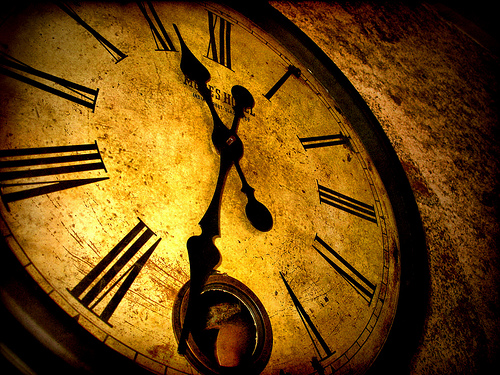
Tom has a crystal ball that shows him the future. One day it shows him a bomb going off in the city. He alerts the authorities, who disable the bomb, saving millions of people. Tom is glad, but he wonders: How can this outcome be logically consistent with the future that the crystal ball had shown him? In that future he saw millions of people die, but in this future they’re still alive. He realizes that when he contacted the authorities the timeline must have split in two. In the original timeline, the bomb went off just as the crystal ball had foretold, and the city’s population did die. But in this new timeline, the authorities defused the bomb and everyone lived.
This understanding seems to explain what has happened, but it leaves a worrying subjective question. If there are two timelines then there are two Toms, both sharing the same history and presumably each realizing that two instances of his identity now exist. “We are familiar with physical things splitting into two, and can accept in principle that they could even be duplicated,” writes Western University philosopher John L. Bell. “But it is extremely difficult to make sense of the idea that an individual consciousness can be so split.”
The doomed Tom might ask himself, “Why am I the doomed Tom?” Objectively the answer is that he’s the Tom who failed to alert the authorities to the coming catastrophe. “But from a subjective point of view he can ask: why was I the Tom who failed to act? Why couldn’t I have been the saved Tom? There seems to be no satisfactory answer to this question.”
In his Philosophy of Mathematics and Natural Science, mathematician Hermann Weyl notes that Leibniz thought he had resolved the tension between freedom and predestination by letting God consider the infinite number of possible universes and assign existence to one of them. “This solution may objectively be sufficient,” Weyl wrote, “but it is shattered by the desperate outcry of Judas, ‘Why did I have to be Judas?'”
(From Oppositions and Paradoxes, 2016.)
